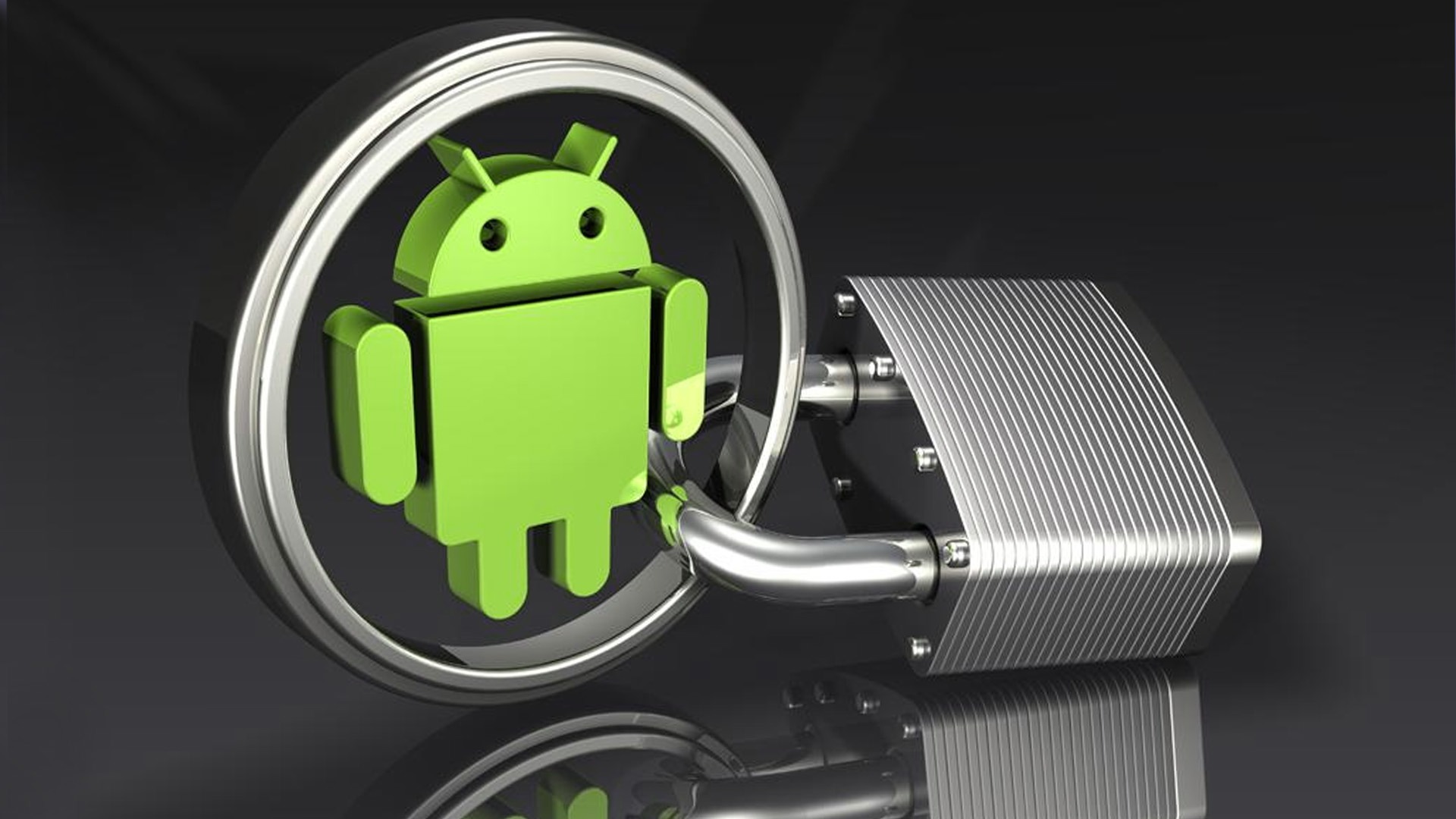When we need to install a program on a computer, we go to the developer’s site, download it to disk and install it, following the prompts of the Installation Wizard. When it comes to a smartphone, the situation is similar: we go to the Apksalad website, download the application, install it with one tap. If you use the Google service, installation becomes even easier — applications from the catalog are installed automatically without downloading a file. Is it safe?
How to protect your smartphone
We store more confidential data and documents in smartphones than in a safe. Private photos, banking applications with passwords, information on payment systems, and cards. For cybercriminals, the smartphone is a real honeypot, so we need protection.
Application security
How are users initially protected? Reliable sources of apk for Android check the files coming into the database — you cannot get into the directory off the street. The following points are being checked:
-
If the application secretly collects data, tracks actions;
-
If it consent transfers to third parties legally collected information without actual permission;
-
If it requests too many permissions that are not critical for correct operation;
-
If it misinforms the user in the description, impersonates another developer;
-
If it shows system notifications about insufficient space, about detected viruses, without being an antivirus program;
-
If it displays ads that overlap the screen, forcing the user to click the banner;
-
If it spams the contacts.

After verification, the file is placed on the server, users are given access to download and install. Even the simplest programs are checked. We ran 937 Flashlight applications through the antivirus — there is no simpler application. It turned out that 260 of them required more than 50 permits. This is access to user contacts, to the microphone. Therefore, the Apksalad apk download site will check everything using antivirus systems on a mandatory basis.
What are dangerous permissions?
When installing a new application, you must carefully examine the requested permissions and compare them with the features this program offers. Who can have access to the following features:
-
To read, write personal data to the calendar, contacts, message history, calls;
-
To open, erase, copy, move files in the system;
-
To send SMS, make calls;
-
To receive geodata (exact location);
-
To have access to the microphone, camera.
It is necessary to analyze which programs need these permissions. For sure, a flashlight doesn’t need to send SMS and make calls. If the user sees a permission request that shouldn’t be there, then the chances are high that the application is malicious.



